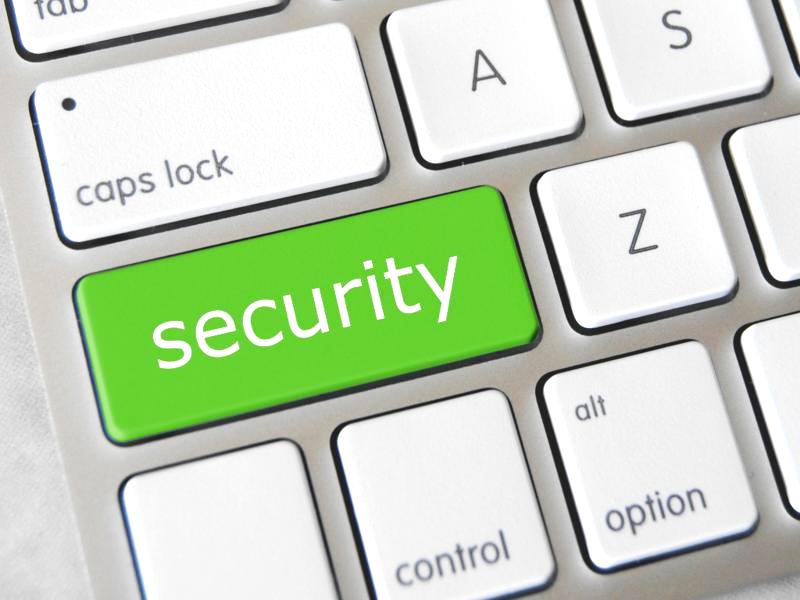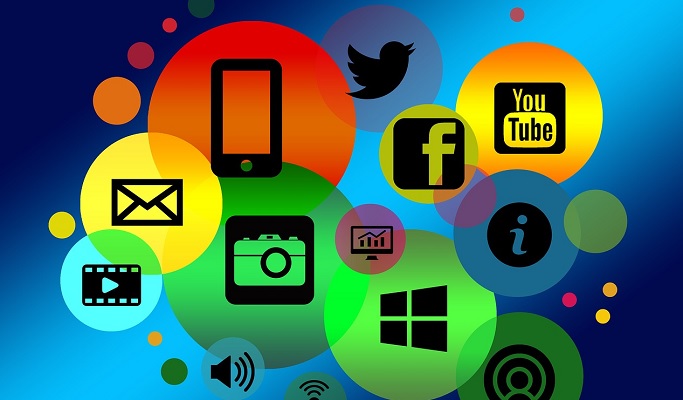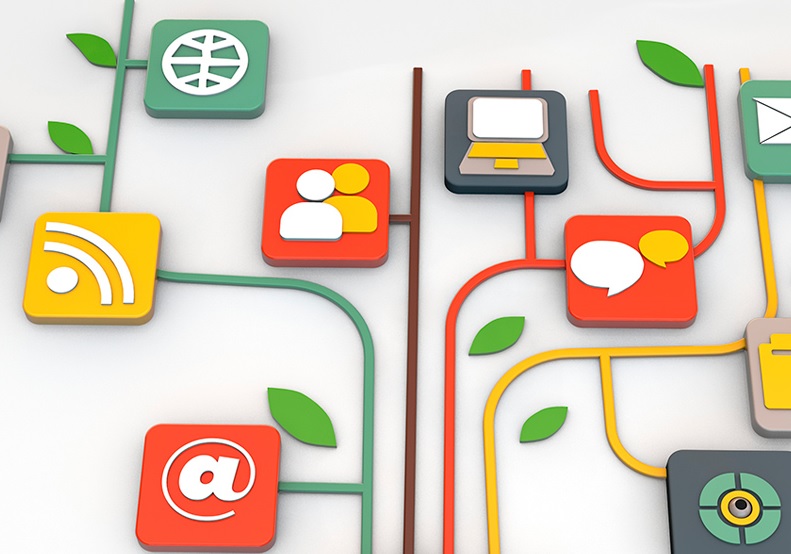Cyberterrorism: How to Protect Yourself Online

The internet, vast and complex as it is, presents a plethora of opportunities for people and companies, and has become an essential part of our society, our personal lives and our work. The majority of people use it every day to communicate or gather information, use social media networks, shop, book holidays and business trips, access bank accounts, get the latest news, and of course, for work purposes, too.
However, since we increasingly rely on digital technology and the internet, we become vulnerable to cybercrime and cyberterrorism. Preventive and security measures are often severely lacking such as the protection of our tablets, smartphones, and computers using suitable software and safe passwords.
Criminal offences on the internet range from money laundering, fraud, identity theft and digital kidnapping to phishing, sexual abuse, incitement to terrorist acts and glorification of violence, racism and xenophobia. New trends in cybercrime are emerging all the time, involving excessive cost for the global economy.
Before we dig deeper on how to prevent cyberterrorism, don’t forget about protecting your online reputation against digital attacks and the risk of online assassination.
These safety measures will help to prevent cybercriminals from stealing your sensitive data:
- Be careful when using public Wi-Fi: Do not share any personal or sensitive information over a public Wi-Fi network, unless you are sure the connection is secure. Turn off file sharing and enable your firewall.
- Shop safely: Only order from online shops that use secure encryption technology. The address bar at the top will tell you when it is safe to make a transaction with your credit card: If there is a padlock and it begins with https, you may proceed.
- Use strong passwords and up-to-date antivirus software: Passwords should be updated every month; they should include numbers, special characters, lower-case and capital letters and they should be difficult to guess. Always activate your firewall.
- Exercise caution when using instant messaging (IM) programs: Refrain from sending any personal information and protect yourself by using a nickname, so your name is not identified through IM. Never accept strangers into your IM groups. Be careful about how you use IM at work because your employer could monitor your messages.
- Watch out for phishing scams: Fraudulent emails linking to fake websites are a popular means of stealing personal data such as private account or login information. Be sure that any link to a website that you receive in an email is authentic. If in doubt, do not click on the link – open a separate browser window and visit the website directly to perform the necessary actions. You can also verify that an email is from a legitimate organisation by calling their offices directly.
- Online gaming is a major cause for concern: Take care when playing games online, especially when you are communicating with other players and make sure your security software is still active when you are in gaming mode. Anything that is shared on social networks can be used to find out more information about you (such as your place of residence) and can lead to identity theft. Personality tests, quizzes, year-in-review-apps, etc. are black holes for personal data.

